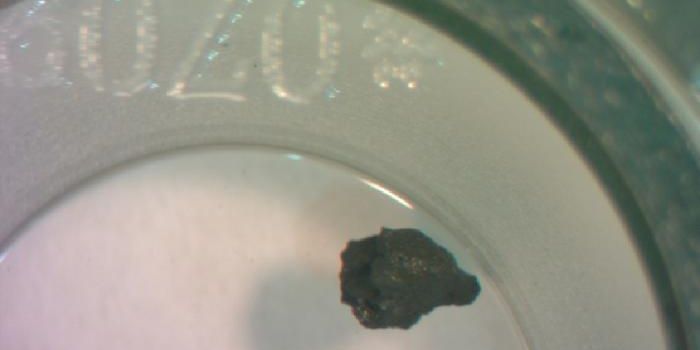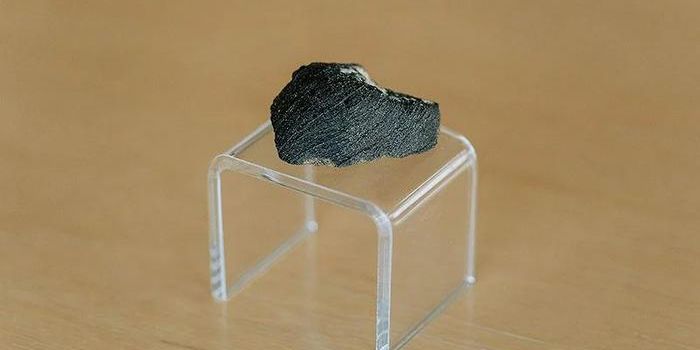An Environmentally Friendly Filter That Removes Microplastics
Harnessing the power of mechanical energy, researchers at the Daegu Gyeongbuk Institute of Science & Technology and of Korea Institute of Industrial Tech have discovered an eco-friendly way to remove those pesky microplastics from our water.
Microplastics are small plastic pieces smaller than 5mm that have invaded our ecosystems. They come from broken-down plastics and have been found in all areas of the world, including our bodies. Because they aren’t digestible, scientists are worried that they will accumulate in our bodies and have harmful effects that we aren’t even aware of yet.
Two research teams in Korea set out to decrease the microplastics in the environment using filters. However, traditional filters can cause pollution themselves, so Professor Lee Ju-hyuck and Dr. Cho Han-cheol combined their expertise in triboelectric nanogenerators (TENG) and particle removal technology to create a new type of filter. The research was published in Nano Energy on June 11.
The mechanism works using the TENG system. TENG systems create electrical energy from mechanical energy. When two dielectric surfaces touch and then separate, a voltage difference is created between the two electrodes. This allows the filter to operate independently without an external power source and can be transported anywhere.
The TENG filtration system utilizes a porous, pyramid surface to filter the microplastics via electrophoresis. The researchers tested the filter and found that it could remove microplastics and other toxic nanoparticles such as zinc oxides and silicon dioxides. Their filter was even more effective than their previous TENG filtration system, removing five times more microplastics.
The researchers hope their improved filter will help remove microplastics and keep the environment green.
Sources: Nano Energy, DGIST








